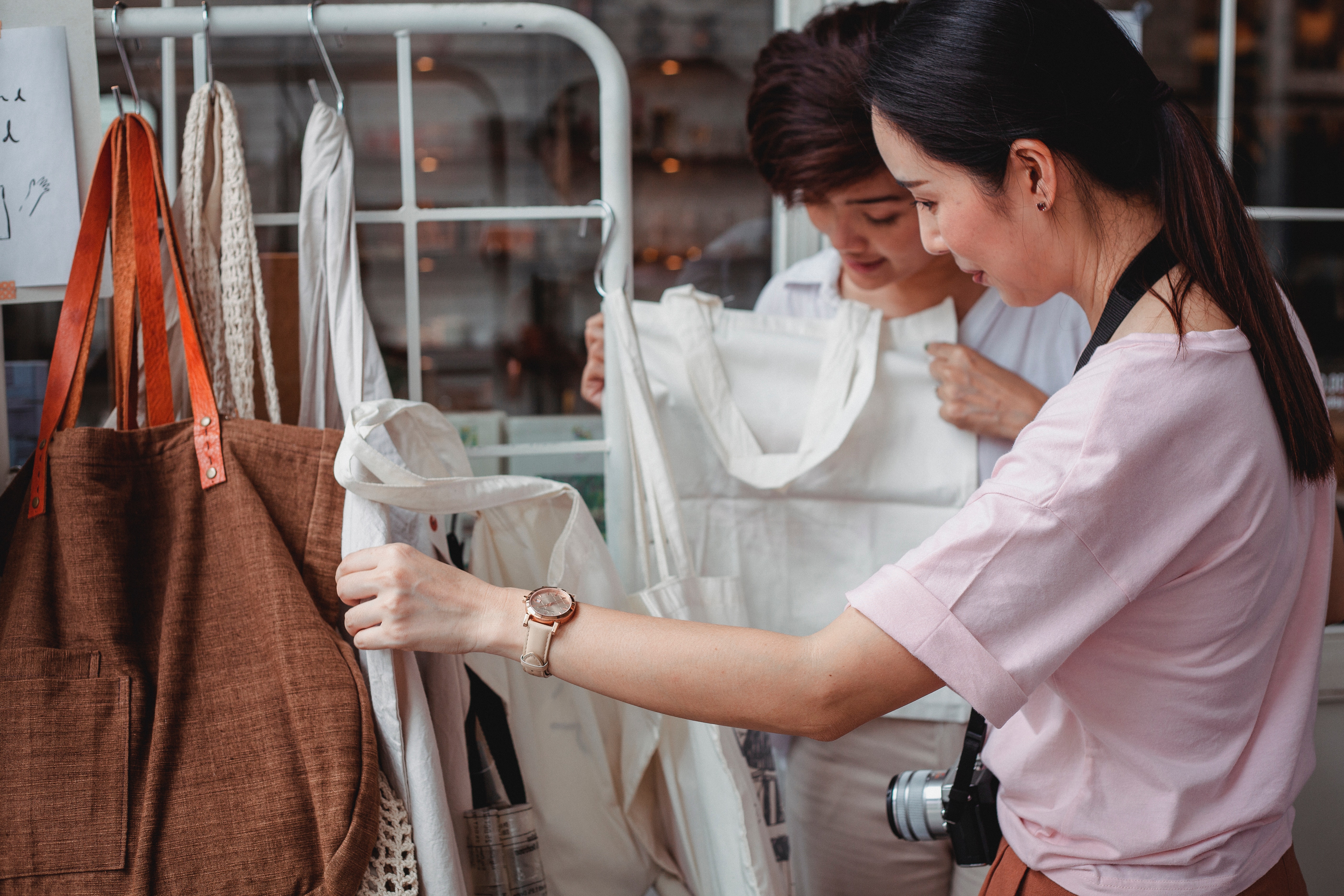Fashion has always been a reflection of society, showcasing creativity and self-expression. However, as the environmental and social impacts of the fashion industry have become more evident, a new movement has emerged—sustainable fashion.
With a focus on ethical production practices, the use of organic materials, and recycling, sustainable fashion has gained significant importance in recent years. This article explores the concept of sustainable fashion, its importance, and how it can lead us towards a more conscious and responsible future.
Understanding Sustainable Fashion
Sustainable fashion goes beyond mere trends and looks at the entire lifecycle of a garment, from design and production to consumption and disposal. It aims to minimize the negative impact on the environment and improve the well-being of the workers involved in the production process. Sustainable fashion involves utilizing eco-friendly materials, such as organic cotton, hemp, or recycled fabrics, reducing water and energy consumption, and implementing fair labor practices.
The Importance of Sustainable Fashion
1. Environmental Impact:
The traditional fashion industry is known for its significant environmental footprint. From water pollution due to chemical dyes to the massive amounts of textile waste ending up in landfills, unsustainable fashion practices contribute to climate change, resource depletion, and biodiversity loss. By embracing sustainable fashion, we can reduce these harmful effects and promote a more sustainable future.
2. Ethical Production:
Many garments are produced in factories where workers face exploitative conditions, long hours, and low wages. Sustainable fashion seeks to improve labor standards and ensure fair wages and safe working conditions. By supporting brands that prioritize ethical production, consumers can make a positive impact on the lives of garment workers.
3. Consumer Awareness:
Sustainable fashion encourages consumers to be more mindful of their purchasing decisions. By choosing quality garments that are ethically and sustainably produced, individuals can contribute to reducing waste and promoting a more responsible fashion industry. It also provides an opportunity to support local artisans and small businesses that prioritize sustainability.
4. Innovation and Creativity:
Embracing sustainable fashion challenges designers to think outside the box and develop innovative techniques and materials. From up-cycling and repurposing to experimenting with renewable fabrics, sustainable fashion encourages creativity and promotes a more diverse and unique fashion landscape.

How to Embrace Sustainable Fashion
1. Choose Quality over Quantity:
Invest in timeless, high-quality pieces that are durable and versatile. By focusing on longevity, we reduce the need for frequent replacements, thereby reducing waste.
2. Seek Ethical and Sustainable Brands:
Support fashion brands that prioritize sustainability, transparency, and fair labor practices. Look for certifications such as Fairtrade, GOTS (Global Organic Textile Standard), or B Corp.
3. Second-hand and Vintage Shopping:
Explore thrift stores, consignment shops, and online platforms for pre-loved clothing. Giving a new life to existing garments reduces demand for new production and extends their lifespan.
4. Rent and Swap:
Instead of buying new outfits for every occasion, consider renting or swapping clothes with friends or through specialized platforms. This way, you can enjoy a variety of styles without contributing to excess consumption.
5. Care for Your Clothes:
Proper garment care, including washing at lower temperatures, air-drying, and repairing, can significantly extend the lifespan of your clothing.
Sustainable fashion is not just a passing trend; it is an essential movement that addresses the urgent need for a more responsible and ethical fashion industry.
By embracing sustainable fashion practices, we can minimize the environmental impact, improve labor conditions, and foster a culture of conscious consumerism. As consumers, our choices have the power to drive positive change and influence industry practices. Together, we can support brands that prioritize sustainability, promote transparency, and empower garment workers.
Let us know your thoughts on sustainable fashion!







